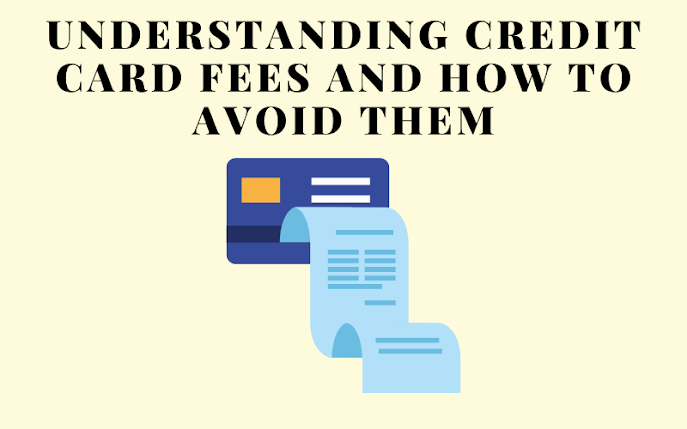How Is Credit Score Related To Credit Card Balance?
Your credit card balance includes more than the money you owe to the company that issued your card. Your credit score and ability to get a loan or new credit card are affected by the balances on your credit cards. As your credit score gets changed along with the credit card amount, then it is reported to the credit card agencies.
Basics of Credit Score
Your credit score functions as a grade that
measures your creditworthiness at a given period. There are several methods you
may get your credit score, most of which are cost-free.
Your credit history, which includes any loan,
credit card, and other financial accounts shown on your credit report, is
determined by your credit score.
Each factor is given several weightings which
are used to calculate your credit score. These significant criteria affect your
credit score, and their importance is indicated as a percentage.
●
The proportion of payment history
is 35%,
●
30% of your debt is made up of the
total amount you owe and the ratio of that debt to your available credit.
●
15% is determined by the length of
credit history.
●
10% comes from new credit.
●
10% of your credit is determined
by your credit mix or the kind of credit you hold.
What your Credit Score indicates about High Balances
Your credit usage, or the amount of debt you
have compared to your credit limitations, is the second most important element
that determines your credit score. Lower credit usage is preferable because it
shows you can use credit and haven’t overextended yourself by carrying large
credit card amounts. Thus, having smaller credit card balances than your credit
card limitations will result in improved credit ratings. The reverse is also
accurate. Thus, your credit score may suffer if you have higher credit card
balances.
What makes a Good Credit Card Balance?
The ideal balance is zero, but you won’t be
able to keep your balance at zero unless you never use your credit card. You
would need to pay off your credit card amount the same day you made purchases,
or at least before the account statement closure date to achieve such a
challenging aim.
It makes more sense to keep your balance at or
below 30% of your credit limit if you want to raise and maintain a solid credit
score. For example, if your credit card has a limit of Rs. 80,000, then your balance
should always be below Rs. 24,000. As soon as your balance starts to rise
beyond the 30% mark, you’ll notice a drop in your credit score, and your credit
score may suffer if you use all your available credit.
Conclusion
To determine your credit score, creditors will
examine your payment history and any missed payments. Also, to reduce the
balance, making at least a small payment each month may help you to maintain a
good credit score. Apart
from maintaining a balance on your credit card, there are many smart ways to
raise your credit score, and you can increase your credit rating and scores by
making on-time loan repayments.
Read More: What Is A Credit Card And How Does It Work?
.png)



Comments
Post a Comment